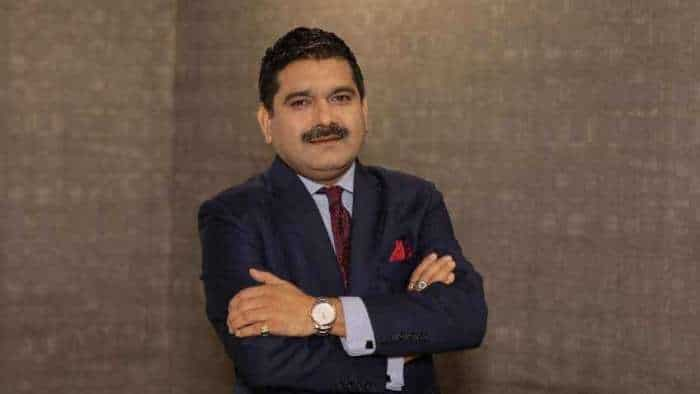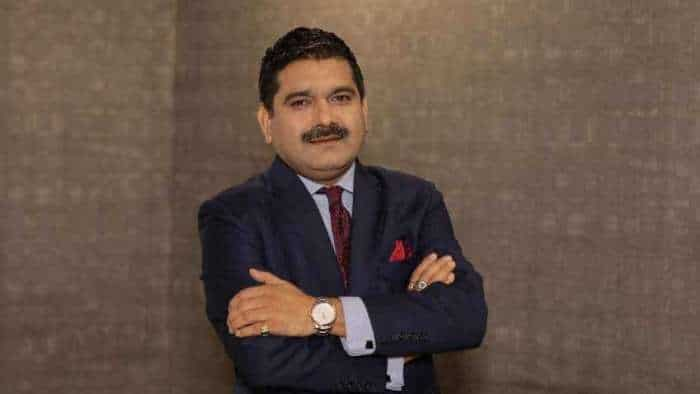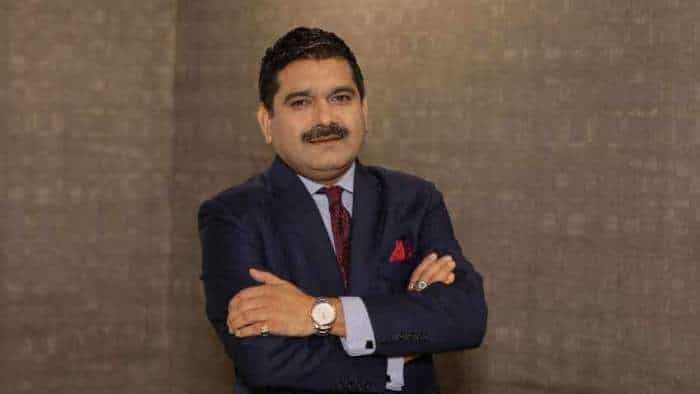Indian Army's Efficient Procurement mechanism boosts national defence
Efficiency has been the hallmark of the EP mechanism. In the initial three tranches, the Indian Army efficiently utilised approximately Rs 6,500 crore, resulting in the finalisation of 68 contracts.
)
In a remarkable stride towards strengthening India's national defence, the Efficient Procurement (EP) mechanism has emerged as a beacon of efficiency and self-reliance. With approximately 140 procurement schemes spread across EP I to EP IV, this mechanism has played a pivotal role in bolstering the Indian Army's capabilities, addressing critical operational gaps, and promoting domestic industries.
Efficiency has been the hallmark of the EP mechanism.
In the initial three tranches, the Indian Army efficiently utilised approximately Rs 6,500 crore, resulting in the finalisation of 68 contracts.
These funds were meticulously allocated across various crucial areas.
Over Rs 1,800 crore was strategically invested in modern weapons, equipment, and ammunition, while a nearly equivalent amount was channelled into communication and non-communication equipment.
About Rs 900 crore was dedicated to contracts for surveillance equipment, and close to Rs 1,500 crore was allocated for 14 projects focusing on drones and counter-drone systems.
An additional Rs 1,000 crore went towards enhancing mobility in various terrains and engineering equipment.
EP-IV, the latest phase spanning from September 2022 to September 2023, marked a significant leap forward.
It facilitated more than 70 schemes, amounting to nearly Rs 11,000 crore.
The expenditures in EP-IV were strategically distributed to cover crucial areas of defence.
Weapon systems received Rs 1,300 crore for 6-7 schemes, protective equipment obtained Rs 1,300 crore across 7-8 projects, and intelligence, reconnaissance, and surveillance were prioritised with almost Rs 1,500 crore allocated for 9-10 schemes.
Furthermore, Rs 2,000 crore was directed towards approximately 10 projects focusing on drones and counter-drone systems, while communication and non-communication equipment comprised about a dozen-plus projects, absorbing approximately Rs 1,800 crore.
Significantly, Rs 3,100 crore was allocated for approximately 25 projects focusing on survivability and training.
Addressing key areas of defence, the EP mechanism facilitated the acquisition of a wide range of advanced equipment, including remote control weapon systems, air defence missiles, anti-tank missiles, satellite downlink and recording systems, VSAT terminals, portable mobile terminals, secure army mobile systems, all-terrain vehicles, high mobility reconnaissance vehicles, radars, loiter ammunition, drones, counter-drone systems, high-endurance UAVs, ballistic helmets, navigation systems, and simulation systems.
A standout feature of the EP mechanism is its emphasis on 'Atmanirbharta' or self-reliance.
Notably, 50 per cent of contracts in the first three tranches were awarded to domestic Indian industries.
EP-IV continued this trend, with all schemes, amounting to nearly Rs 11,000 crore, contracted with Indian vendors.
This not only boosts the national economy but also strengthens the domestic defence industry.
Economic prudence is another pillar of the EP mechanism. It isn't solely about swift procurement; it also demonstrates fiscal intelligence.
The first three tranches of EP realised savings of around Rs 550 crore.
The fourth phase alone led to savings of approximately Rs 1500 crore, showcasing the prudent financial management inherent in the EP mechanism.
In conclusion, the Efficient Procurement mechanism has emerged as a cornerstone of India's national defence strategy.
It efficiently addresses operational gaps, promotes self-reliance, and demonstrates fiscal prudence.
With EP-IV's successful implementation, India's armed forces are better equipped to defend the nation, and the domestic defence industry is thriving, contributing significantly to the 'Make in India' initiative.
Get Latest Business News, Stock Market Updates and Videos; Check your tax outgo through Income Tax Calculator and save money through our Personal Finance coverage. Check Business Breaking News Live on Zee Business Twitter and Facebook. Subscribe on YouTube.
RECOMMENDED STORIES

SBI Latest FD Rates: PSU bank pays these returns to senior citizens and other depositors on 1-year, 3-year and 5-year fixed deposits

PPF vs SIP: Rs 12,000 monthly investment for 30 years; see which can create higher retirement corpus

Largecap, Midcap Stocks To Buy: Analysts recommend buying L&T, Tata Motors, 3 other stocks for 2 weeks; check targets

Power of Rs 15,000 SIP: How long it will take to achieve Rs 7 crore corpus? See calculations to know

SIP in Stocks For New Year 2025: Market guru Anil Singhvi recommends 1 largecap, 2 midcap scrips to buy in dips; note down targets

Largecap PSU Stock for 65% Gain in New Year: Anil Singhvi picks PSU bank for long term; know reasons and target prices

Shark Tank India Season 4: Social Media influencer Gaurav Taneja shocks sharks with his earnings, earns Rs 1 crore in 1 hour!
06:00 PM IST








 PM Modi celebrates Diwali with armed forces near Indo-Pak border in Kutch
PM Modi celebrates Diwali with armed forces near Indo-Pak border in Kutch  Indian Army embarks on major transformation to enhance systems, processes, functions
Indian Army embarks on major transformation to enhance systems, processes, functions Territorial Army to commemorate platinum jubilee with 5,500-km expedition from Siachen Glacier to Indira Point
Territorial Army to commemorate platinum jubilee with 5,500-km expedition from Siachen Glacier to Indira Point DRDO unveils Zorawar: India’s very own modern light tank
DRDO unveils Zorawar: India’s very own modern light tank Five tank-bound Army soldiers swept away while crossing river in Ladakh
Five tank-bound Army soldiers swept away while crossing river in Ladakh